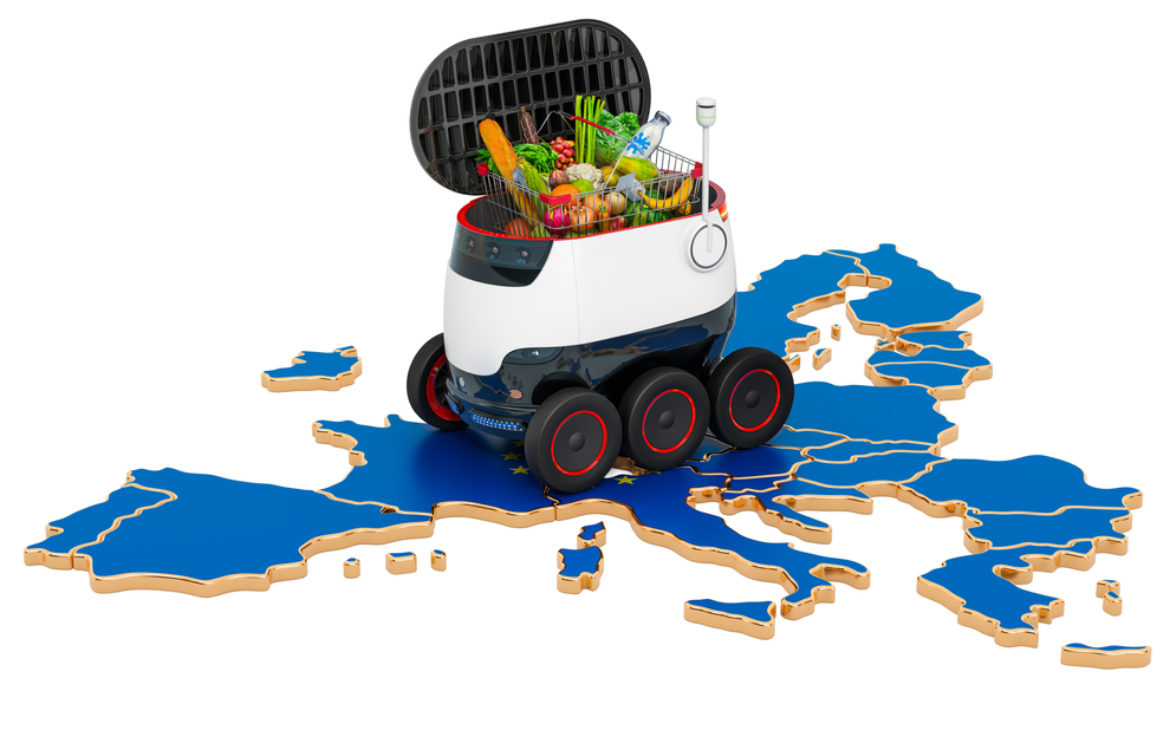Goggo’s middle- and last-mile delivery solutions in its major businesses, including FMCG (fast-moving consumer goods), shipping, groceries, and food delivery, will incorporate the Oxbotica autonomous driving system. The integrated system will be deployed on-road as part of Goggo’s electric vehicle network. The vehicles chosen for the partnership will have a maximum payload capacity of 1,500 kg, according to Oxbotica.
In the initial phase of the collaboration, Goggo will roll out Oxbotica’s autonomy software in Spain, exploring its delivery advantages in business with its key partners – including the corporations Carrefour, Día and Glovo. If these tests prove successful, Goggo will consider including Oxbotica’s technology in its wider mobility network, which operates in many European cities.
The autonomous driving software from Oxbotica is suitable for use in on-road and off-road traffic, in a variety of weather conditions, in low light and the dark, and can adapt to diverse locations. With the aid of advanced AI, it accurately detects and anticipates changes in the vehicle’s surrounding environment while also learning from prior journeys. By integrating this technology into its operations, Oxbotica hopes to address current issues facing the European delivery industry, such as rising fuel prices and driver shortages.
In addition to the self-driving software, the partnership will also provide Goggo access to Oxbotica’s fleet management system, which it will use to handle its autonomous vehicles in a safe, efficient, and performance-enhancing manner. Goggo will also make use of Oxbotica MetaDriver – a suite of tools that use artificial intelligence and machine learning to validate and ensure the safety of AVs in a virtual environment. It has the ability to automatically generate different scenarios to test and refine AV operations and behaviors, accelerating the safe deployment of autonomous vehicles in Goggo’s network.
Goggo intends to begin implementing safety drivers to oversee its entire Autonomous Mobility Network this year. Once the relevant safety validations have been completed and regulatory approval granted, the company will start its transition to full autonomy.
